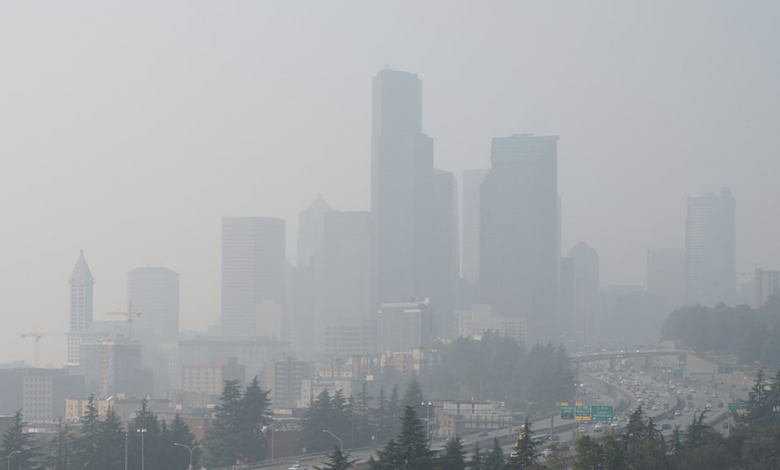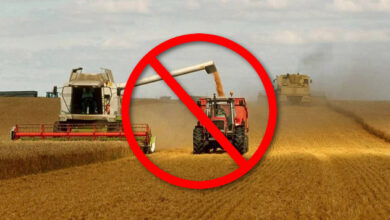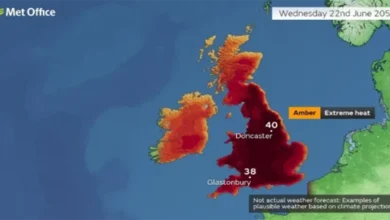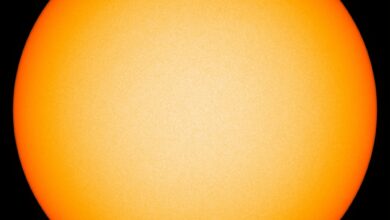On Average, Is Western Washington Air Quality Getting Better or Worse?

Several folks have complained to me about the bouts of wildfire smoke during recent summers. They note that we have had more smokey summer days during the past five years than previously.
All very true. Summers have brought more wildfire smoke incidents lately (although still far less than 100 years ago)
But now let’s ask perhaps a more important question: for the entire year has the exposure to poor air quality gotten better or worse?
And the answer to this question may surprise:
Overall air quality, averaged over the year, has gotten better.
How can this be? Because air quality during the winter has substantially improved.
Want to know something even stranger? Much of that air quality improvement has occurred because we have replaced a renewable heat source (wood) with a fossil fuel (natural gas).
Since I know these results are perhaps controversial to some, let me note that I have confirmed them with a local professor specializing in local air quality and with folks in the Puget Sound Clean Air Agency
Let me begin by showing you a plot of the annual average of PM2.5–small particles smaller than 2.5 microns. Such small particles can move deep into our lungs. There was a significant decline in the concentration of such nasty particles between 2000 and 2010 and then they held relatively steady, with some ups and downs.
Black carbon is another nasty airborne substance (see below for some Puget Sound sites). Substantially down over time.
To get an idea of how things have changed over the past two decades, let me show you two- year plots of PM2.5 at the Seattle Duwamish observing site. For the last two years, the biggest peaks–which were generally short-lived –were in summer. Wildfire smoke events.
But in 2000-2002, there were extensive and persistent periods of degradation during the winter. It would have been even worse in the 1980s during the winter.
The trend towards more summer smoke has to do with the wildfires, which have become more active for a number of reasons (discussed in previous blogs at length).
The winter improvement has mainly occurred from a substantial drop in the use of wood stoves. If you read the Seattle Times during the 80s, you would see whole pages dedicated to advertising wood stoves. People would proudly store cords of wood near their homes. Such wood stoves were very inefficient and dirty, putting a pale of smoke over many neighborhoods.
Wood fireplaces were also popular. Fortunately, burning wood has declined precipitously, with many switching to natural gas, which burns cleanly and is MUCH less of a hassle (no lugging in wood, no cleaning ashes.)
Another major change was the switch from oil to gas furnaces, with the latter being much cleaner. Obviously burning wood and oil were mainly wintertime activities, and thus that is when the air quality degraded.
Bottom Line
Overall, we are breathing better air in western Washington, with cleaner winter air outweighing the increased numbers of wildfire smoke intrusions mainly during late summer. If our region would take the necessary steps to reduce large wildfires (e.g., thinning forecasts, prescribed burns, de-energizing powerlines during dangerous situations), our air quality could be even better.



.png)
.png)





